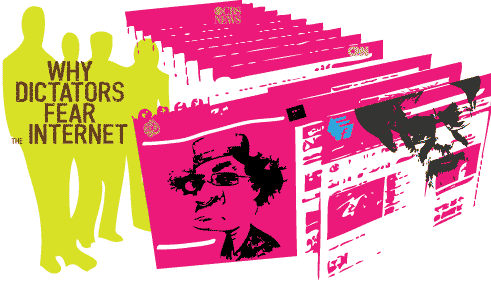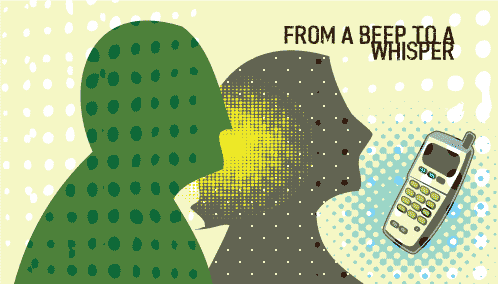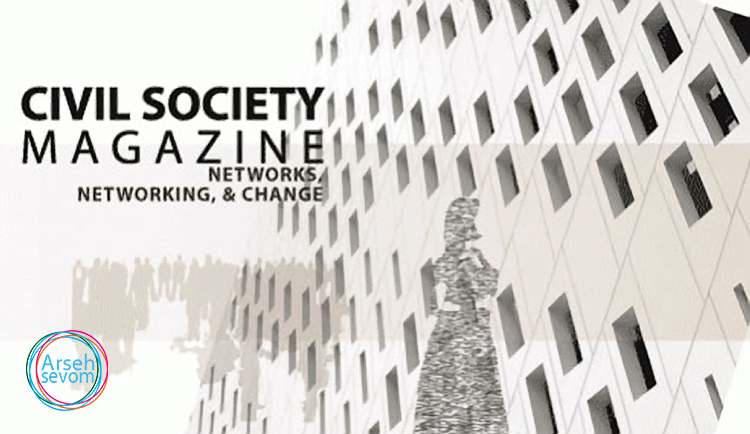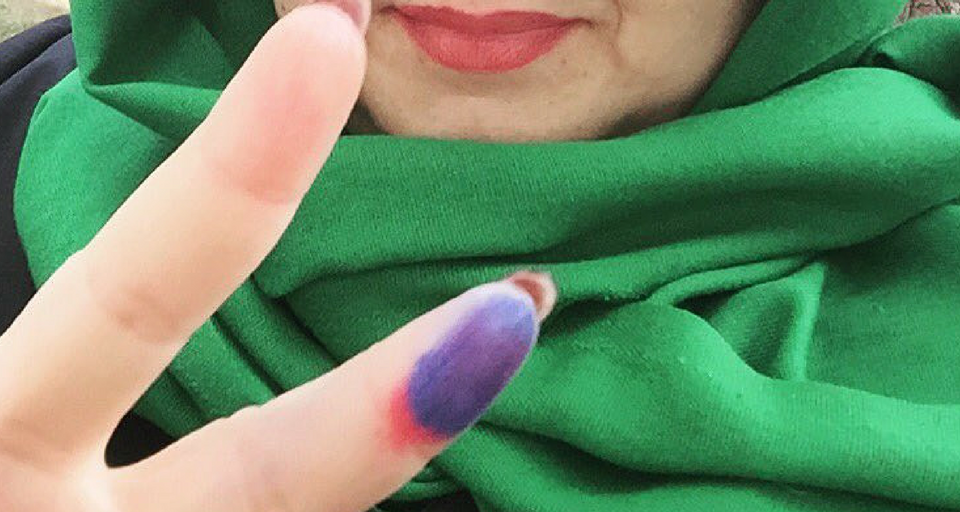Contributors
March 10, 2011
Two Faces of Revolution: (Or, why dictators fear the internet)
March 10, 2011Journalist Nazila Fathi, reminds us all of those heady days after the 2009 elections when millions took to the streets in Tehran and other cities in Iran to protest the announced results.
From a Beep to a Whisper
by Nazila Fathi
It was on a Tuesday, 12 days after the election that the opposition planned a protest in Vali-Asr Square in central Tehran and posted a call on opposition Websites and Facebook to mobilize supporters. Only few hours earlier before the protest was to begin, government forces announced that they would gather in the same Square to stage a pro-government rally. It was evident that they were plotting a confrontation to disrupt the protest.
The country had been engulfed in chaos since June 12, 2009, when many believed that President Mamhoud Ahmadinejad had rigged the votes. Hundreds of thousands poured on the streets to stage demonstrations and clashed with government forces. Over a dozen were killed and thousands were arrested.
Yet people were coming out in massive numbers hoping to force the government to nullify the results and hold new elections. In an effort to disrupt their ability to communicate, the government shut down the text messaging service from the Election Day and the mobile phones in many areas. Internet was slowed down to a crawl and satellite television channels were jammed.
* * *
Internet and Satellite television played a major role in mobilizing people in the months leading to the election when a major force emerged with a mission to prevent Mr. Ahamdineajd from re-election. The new opposition force was using all its tools to spread information about the economic malaise, foreign policy turmoil, and social and cultural crackdown that had escalated during Mr. Ahamdinejad’s term.
It was on the Internet, on Weblogs and news Websites, that activists first posted news and their analysis. They could no longer rely on the publish press because of government crackdown. Instead, Satellite television, including opposition channels beamed from Los Angles or the Persian service BBC and Voice Of American, picked up and broadcast them. Although, authorities have long outlawed satellite television, people defy the ban and the channels have deep reach around the country.
The news that stirred anti-regime sentiment ranged from reports about the arrest and torture of journalists and activists to the beatings of women on the streets for not being properly dressed and Mr. Ahmadinejad’s desperate efforts to attract support. He distributed free potatoes in small towns and villages to garner votes.
* * *
On that Tuesday, I went to Vali-Asr Square wondering how the opposition would pull off this time despite the bloody confrontations; the size of the opposition had not dwindled in the past ten days.
The Square was filled with thousands of government supporters bused in from faraway places. Carrying their banners, they had a good half-a-mile walk so that the buses that brought them would not block the area. There was no visible sign of the opposition; Few young people sat listlessly in front of shops or on the curbs.
Then I heard a whisper: “demonstration moved to Vanak,” said a young woman carrying a bag of dippers to mislead the pro-government forces. Vanak Square is 10 miles north of Valiasr Square. Few minutes later a second man approached me to whisper, “go to Vanak.” And then the whispers continued.
I lingered around to talk to the buoyant demonstrators chanting in support of Mr. Ahmadinejad. I was interviewing a Basij commander, the pro-government paramilitary force, when one of his men rushed to say, “we are hearing that there is a huge crowd in Vanak Square. They hurriedly began moving to that direction on their motorcycles.
I hopped in a taxi too. The traffic was so bad that I had to get off and walk for 20 minutes. Hundreds of thousands had gathered and blocked the square, the nearby streets and the Valiasr Street for miles, stretching north of the square.
Protestors had ditched technology and turned to word of mouth to mobilize.





